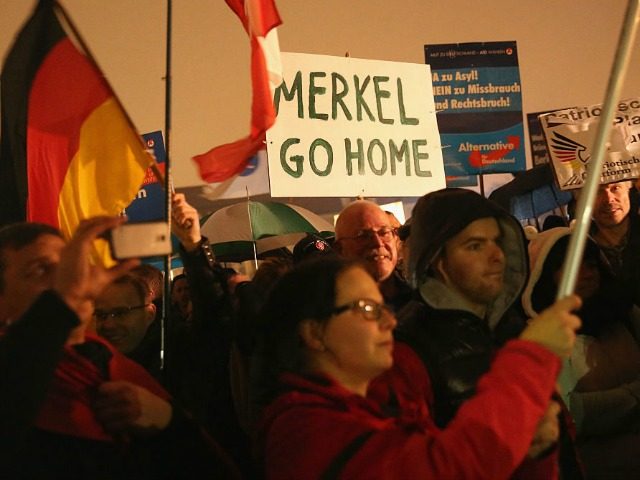After a year-long investigation into whether Russia has meddled in German politics, federal intelligence agencies found no evidence of Kremlin-backed disinformation campaigns.
However, the German Federal Intelligence Service (BND) and the Federal Office for the Protection of the Constitution (BfV) warned that Russian media is “hostile”, claiming that the country has been on a “path of confrontation” with Europe’s largest economy since 2016.
“We have not found a smoking gun”, German intelligence services said, having spent almost a year looking for proof of political interference from Russia. Had any such evidence been found, it would have been used by Germany to warn Russia from meddling in its affairs in future, Süddeutsche Zeitung reported.
Lacking any proof of political interference, intelligence agencies decided against publishing the 50-page paper produced from their months of research to avoid further straining relations with Moscow.
But a security expert told the newspaper that intelligence agencies “would have liked to draw the yellow card”.
The Chancellor’s Office has arranged for the matter to be investigated further as, in a section of the report which looked at Russian media outlets, the BND said Russia has been on a “path of confrontation” with Germany since 2014.
The intelligence agency described coverage of Germany on the German-language branches of RT and Sputnik as being “hostile”.
Chancellor Angela Merkel ordered the investigation following the “Lisa Case”, in which a 13-year-old Russian-German girl was reported to have been abducted and raped by migrants, before the girl admitted that the story was false.
Authorities in Germany initially assumed that government agencies in Russia were behind protests that sprung up in response to the “Lisa Case”, but the report found that this could not be proven “in any of the cases”.
With a view to elections due to be held in Germany later this year, and identifying attempts to influence the outcome, intelligence services claimed news which blurs the line between “exaggerated” reporting and “disinformation” poses a “new challenge” for the state.
In May last year, Breitbart London reported how, as a massive migrant crime wave surged across the country, German authorities instead talked up a “record surge” in crimes by “right wing radicals”.
And at the height of the “migrant crisis” in 2015, Frankfurter Allgemeine said that media coverage in Germany concerning the mass movement of people was highly misleading.
Referring to clashes between Hungarian border guards and migrants, the German newspaper noted that international media coverage showed young men rioting and throwing stones.
On public broadcaster ARD Tagesshau, however, Frankfurter Allgemeine reported: “The most dramatic pictures could not be seen – instead, women and children, fleeing the tear gas by security forces [was shown]… German television suggesting disproportionate action by Hungary, however the BBC reported of the ‘defense of the borders’.”
In November last year, members of the European Parliament voted to clamp down on populism, claiming that Eurosceptic movements and opposition to mass migration are influenced by “Russian propaganda”.

COMMENTS
Please let us know if you're having issues with commenting.